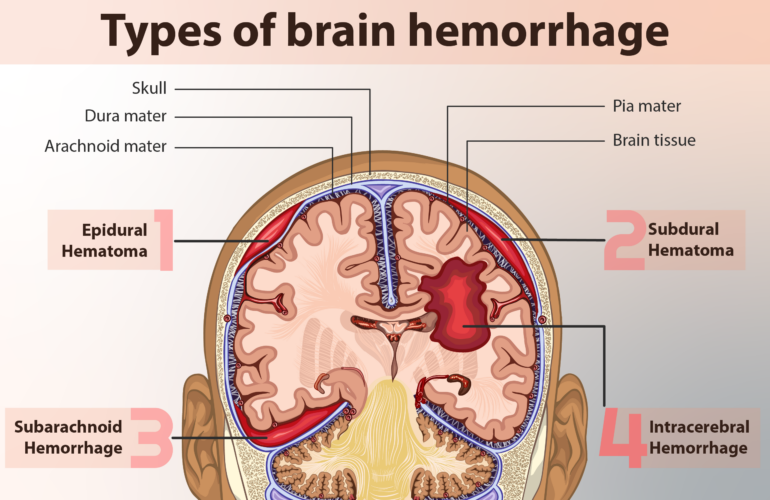Brain Tumor
What is a brain tumor?
A brain tumor is the abnormal growth of cells within the brain tissue. It can arise directly from the brain tissue, which is known as a primary brain tumor, or it can be due to cancer cells depositing in the brain from elsewhere in the body, which is known as secondary brain tumors/deposits.
What are the warning signs I may be having a brain tumor?
As with undergoing any invasive procedure, there are risks associated with brain surgery as well. These include:
What are the possible risks to undergoing a brain surgery?
How much would surgery for a brain tumor cost?
The exact cost of surgery for a brain tumor cannot be standardized, because it depends on the location of the tumor, what type of procedure you have to undergo, and various other factors. The cost can approximately vary from $5,000 to $12,000. Benign tumors which are easily accessible and small will cost less.
What is the post procedure care for brain tumor surgery?
Immediately following the surgery you will be admitted to the ICU, in order to be monitored closely, because any type of brain surgery is considered high risk. One or two days following the surgery you will undergo an MRI scan in order to evaluate the condition of the brain tissue. Depending on your recovery you will have a hospital stay of 1 to 2 weeks, after which you will be requested to come for regular follow-ups.
You might require rehabilitation therapy, including physical therapy, speech therapy and even occupational therapy. And you should make sure the surgical site kept clean and dry while at home, and to avoid strenuous activities for a period of 2 to 3 months following surgery.
How does radiotherapy help with brain tumors?
Radiotherapy is the use of high energy radiation, given to destroy the cancer cells. It can be given in two forms, external radiation or internal implantation of radioactive material. Radiotherapy is used in order to shrink tumors before surgery, following surgery to destroy any tumor cells which may have been left behind, or when surgical resection of a brain tumor is not possible.
Brain Abscess
An abscess is what you can commonly call a collection of pus, which follows an infection by bacteria, viruses or fungi. A brain abscess usually occurs when these organisms reach your brain tissue, through a wound in your head, or through the blood stream when they are carried to the brain from other parts of the body. This infection ill result in the swelling of your brain, as the pus get collected within it, and you may experience symptoms such as high fever with chills, abnormalities of vision, speech or movement, altered levels of consciousness, and sometimes stiffness of the neck and sensitivity to light.




